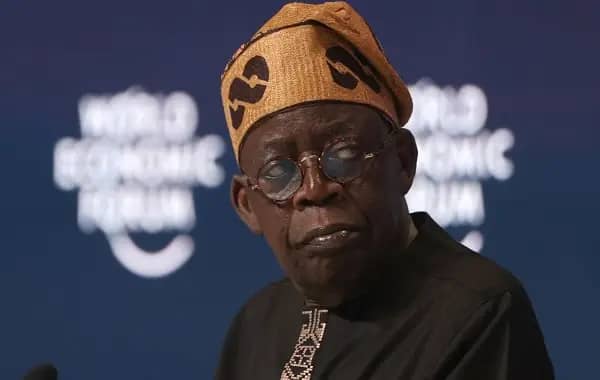In a decisive move to bolster Nigeria’s economy, President Bola Tinubu on Thursday, inaugurated the Presidential Economic Coordination Council (PECC), comprising experts from various sectors of society and the economy.
He announced the injection of N2 trillion over the next six months.
President Tinubu had announced the formation of the PECC on March 27, 2024, as part of his commitment to reviving Nigeria’s economy. The council, which he chairs, aims to coordinate efforts between the government and the private sector to achieve significant economic growth.
Finance Minister and Coordinating Minister of the Economy, Mr. Wale Edun, along with other notable committee members such as Minister of Budget and National Planning, Senator Atiku Bagudu, business mogul Alhaji Aliko Dangote, and Chairman of Heirs Holdings Limited, Mr. Tony Elumelu, provided insights into the targeted areas for the emergency funding.
During the inauguration, President Tinubu unveiled the outcomes of his review of the accelerated stabilization and advancement plan.
This comprehensive strategy aims to inject N2 trillion into critical sectors to ensure economic stability. These include Health, Agriculture, Energy/Power, and other essential sectors
Mr. Edun highlighted, “The President has inaugurated the Presidential Economic Coordination Council, composed of the President’s Economic Management Team, leaders of the National Assembly, the Nigerian Governors Forum, and key figures from the private sector.
They reviewed the accelerated stabilization and advancement plan, an emergency plan for the next six months, crafted by the President’s team, sub-nationals, and private sector leaders.”
He detailed the allocation of the N2 trillion package: N350 billion for Health and Social Welfare, N500 billion for Agriculture and Food Security, N500 billion for the Energy and Power sector, and N650 billion for general business support.
Additionally, a series of policy and tax measures, along with executive orders signed by President Tinubu, are set to ease the cost of doing business in Nigeria during this critical period.




